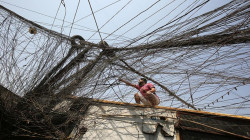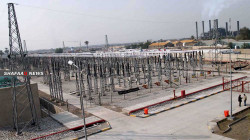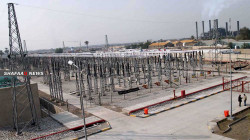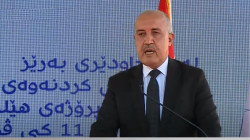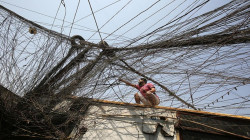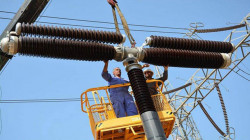Iraqi PM advisor calls electricity issue "extremely complicated," cites corruption as key factor
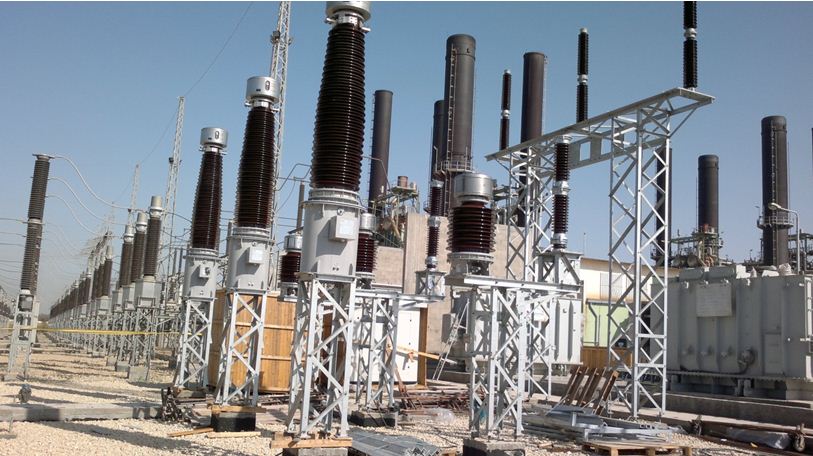
Shafaq News/ On Sunday, Fadi Al-Shammari, the political advisor to Iraq's Prime Minister, described the country's electricity issue as "extremely complicated," emphasizing the necessity of ensuring a proper foundation before making any promises.
Speaking to
local media, Al-Shammari highlighted that Iraq's power transmission lines have
been operating beyond their intended lifespan since 2000. He noted that $11
billion is paid annually for 58% of wasted electrical energy.
Al-Shammari
attributed the collapse of the electricity sector primarily to corruption,
asserting that "neither Iran nor the United States is responsible…issue
continues to drain both citizens and the state, with $16 billion spent without
effective solutions."
Despite
these challenges, Al-Shammari pointed to the "successful privatization of
electricity in certain areas," citing the example of the Zayouna district,
where electricity consumption was reduced from 51 megawatts for just 4 hours to
21 megawatts for 24 hours.
"There
are no immediate solutions to the electricity crisis…there are more than 400
projects aimed at alleviating congestion in the transmission and distribution
of electrical energy, each requiring two years to complete." He said.
Today, Iraqi
Prime Minister Mohammed Shia al-Sudani inaugurated the new Iraq-Turkiye power
grid connection project.
The project
aims to enhance Iraq's national power grid by linking it with Turkey's,
providing an additional boost to the country's energy system.
Iraq is
enhancing its electricity grid through several regional connections. The
Iraq-Jordan link, now operational, supplies al-Rutbah, with plans to extend to
al-Qaim by year's end. The cabinet has approved a link with Turkiye to provide
300 megawatts to the northern region.
The Gulf
interconnection will add 500 megawatts to Basra, and a separate link with Saudi
Arabia will initially supply 1,000 megawatts.
Despite
these efforts, Iraq continues to rely on Iranian gas. However, it has signed a
preliminary agreement with Turkmenistan and plans to develop a solar power
capacity of 6,000 megawatts to diversify its energy sources.
